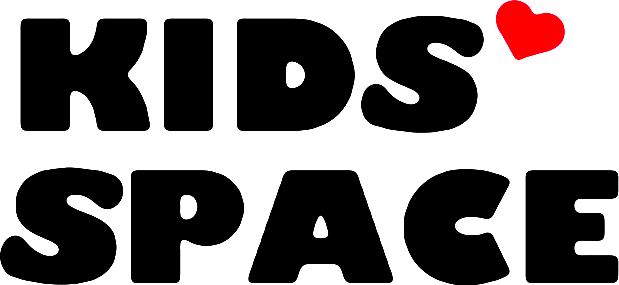Reporting Abuse
Oklahoma law expressly requires that every person having reason to believe that a child is a victim of abuse or neglect shall promptly report the matter to OK DHS Child Abuse Hotline at 1-800-522-3511. If you are questioning whether you should contact DHS about a situation, the answer is almost always, YES YOU SHOULD. Remember that our job is to report information, not to investigate. That job is for the police and DHS.
Kids’ Space Child Advocacy Center staff provides free training, Safety In Action, to the entire community including nonprofit organizations, churches, daycares, and other agencies working with youth ages 0-17 years to prevent, recognize, report and react responsibly to child abuse.
Take action now:
1-800-522-3511OK DHS Child Abuse Hotline
Learn More about Mandated Reporting

- Minimal fact questions are encouraged until a child is able to come to Kids’ Space for a forensic interview; our goal is to eliminate the number of times a child has to tell their story.
- Try to remain calm. Do not express shock, panic or disbelief, as this may cause a child to feel anxious or that they have done something wrong and they may withhold or withdraw information.
- Find a private place to talk.
- Be a listener not an investigator – encourage the child to talk in their language and ask just enough questions to act protectively. Say, “Can you tell me more about that?” Do not conduct any form of interview with the child.
- Believe the child. Children rarely lie about sexual abuse.
- Reassure the child that they have done the right thing by telling you.
- Stress that what has happened is not their fault. Say, “You are not in trouble” and, “If I look or sound upset it is because adults want children to feel safe”
- Check your tone of voice and help the child make sense of what you are feeling. Say, “I am feeling concerned for you. What can we do right now to help you feel safer?”
- Act protectively. Say, “You know some people do wrong things. It is up to grown-ups to protect children. Every child has a right to be safe; we have laws to help protect children.”
- Do not make promises you can’t keep. (For example, promising you will not tell anyone, as you need to tell someone in order to get help for the child.)
- Do not contact the abuser, regardless of who that person is, leave this to Child Protective Services and/or the police.
Below are indicators of child abuse that include but are not limited to these signs. Some signs that a child is experiencing abuse are more obvious than others. Trust your instincts. Suspected abuse is enough of a reason to contact authorities. You do not need proof.
Behavioral Signs Include:
- Acting out sexually, or knowledge of sex that is not age appropriate
- Self-destructive and risk taking behavior (hair pulling, cutting, drug and alcohol use)
- Returning to earlier behaviors (bedwetting, thumb-sucking)
- Changes in school performance and attendance
Emotional Signs Include:
- Nightmares/changes in sleeping
- Depression or unstable moods
- New or unusual fear of certain people or places
- Separation anxiety
Physical Signs Include:
- Unexplained injuries
- Lack of personal hygiene or care
- Weight loss/gain, change in appetite
- Swelling, redness, soreness, bleeding, infections or other changes in the genital area
- Frequent headaches or stomach aches
Help your child learn these steps to protect him or herself should he/she encounter a dangerous or abusive situation. Through our school-based prevention trainings, they will have the knowledge and state of mind to do the right thing in a dangerous situation.
- Tell your child to never keep secrets, especially about touching.
- Help your child practice safety rules, like saying “No,” getting away, and telling a responsible grown up.
- Make sure your child knows that they can come to you about anything and they will not be in trouble.
- Your child should know this rule: No one should touch a child’s private body parts except to keep them clean and healthy.
- Tell your child that if someone touches them or tries to touch them in an inappropriate manner that they should tell you or a safe person immediately.
- Teach your child the “always-ask-first-rule.” Your child should understand that they must ask permission first.
- Teach your child about the “buddy system” and how to use it.
- Do all the above on an ongoing basis and practice teachable moments.
To request a free training, please contact Kids’ Space at 918-682-4204 or complete this form.
